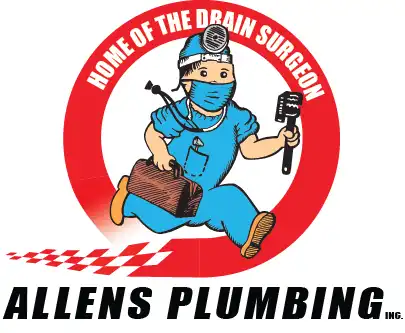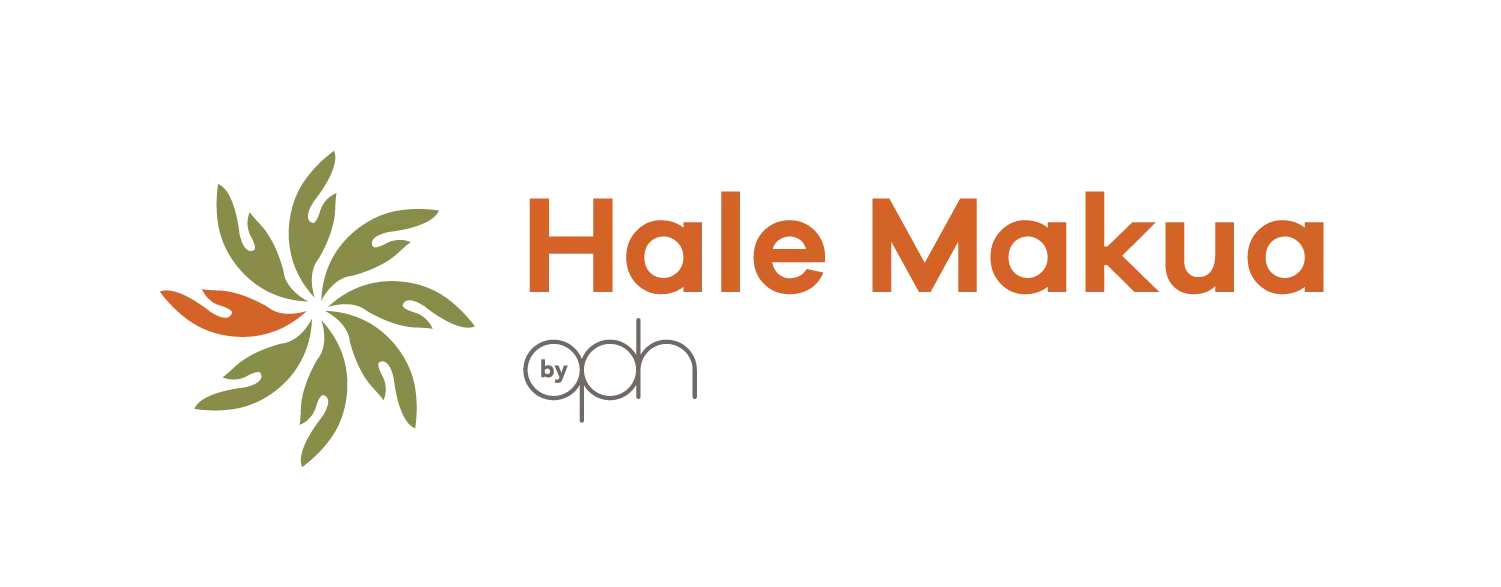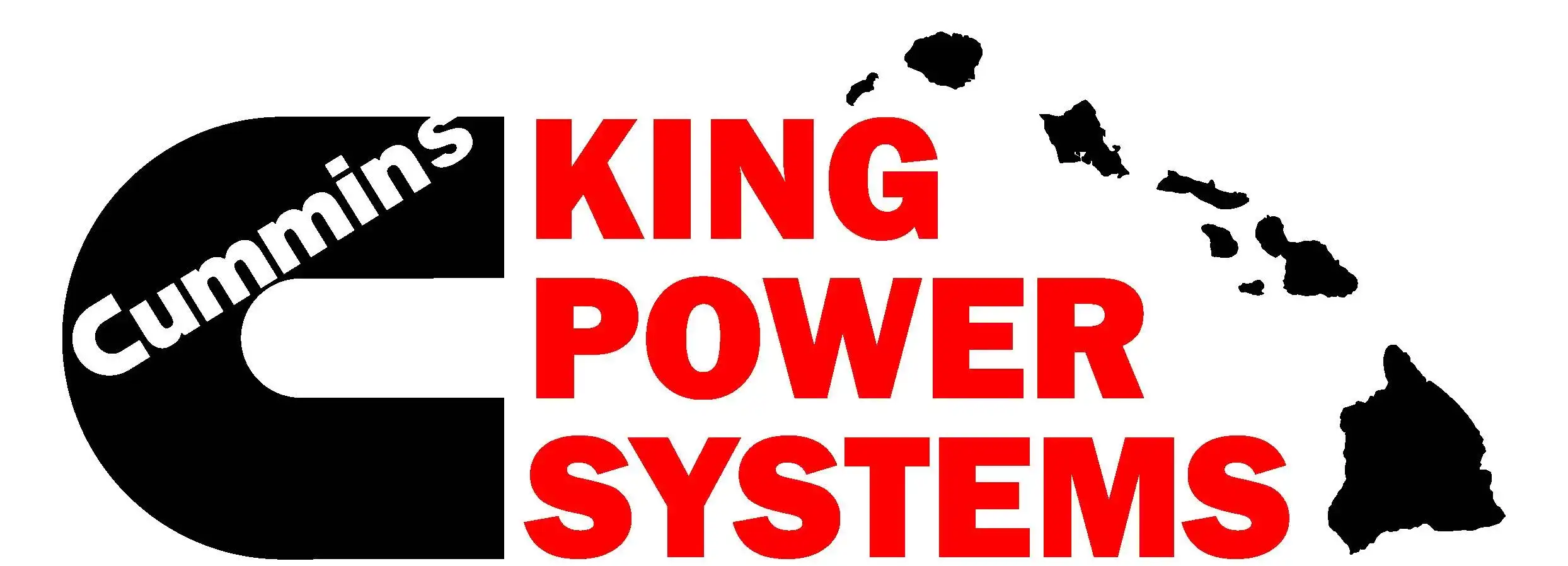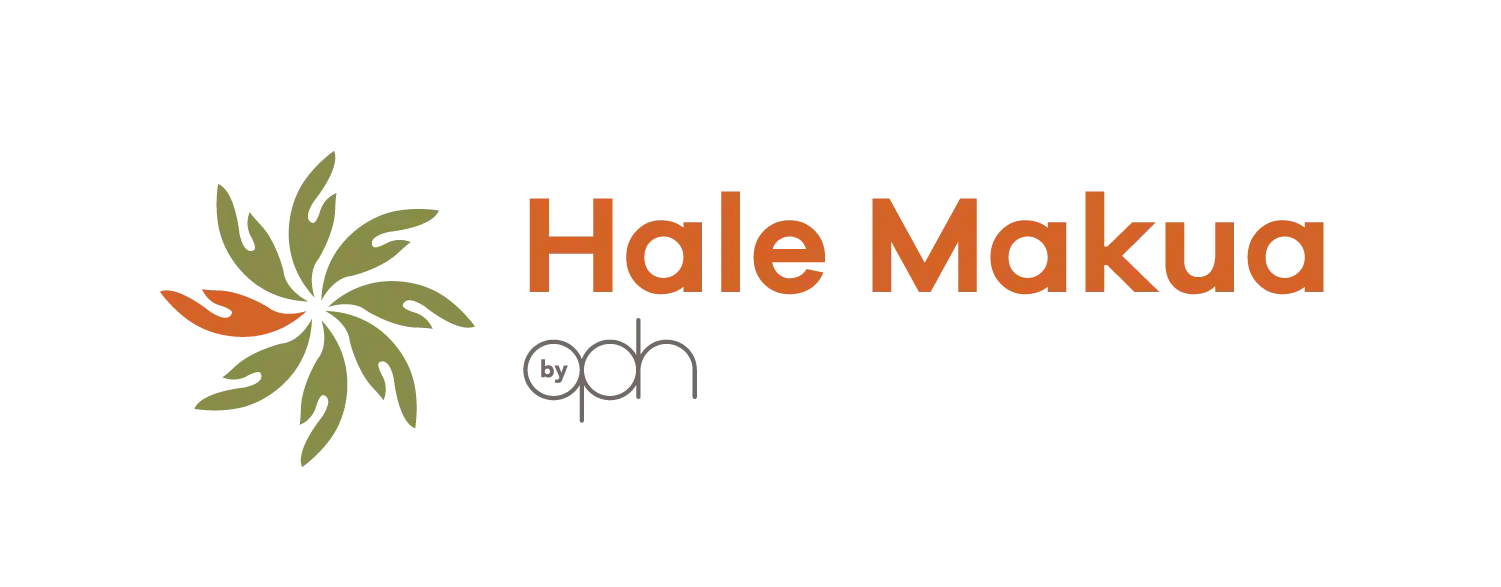Executive Order Addresses the Rationing Care if Needed During COVID-19 Response
Governor David Ige signed Executive Order No. 21-06 on Sept. 1, which effectively sets a framework for what actions would have to be taken to ration care, and provides protections from civil liability for death or injury caused by omission of care, should hospitals become overwhelmed during COVID-19 response.
“We have pushed our healthcare system to the maximum,” said Gov. Ige during a Friday press beefing. “My executive order does outline the next steps of what would happen. It does provide for and acknowledge [a] crisis management situation, where care would have to be provided and rationed, if you will, if we are unable to reduce the census that we see in the hospitals–those that need care and certainly would overwhelm the healthcare system.”
He said the order was signed in anticipation of a worst-case scenario. “We obviously would prefer not to get to that level, but my emergency order does provide the framework for what actions we would have to take if we are unable to control the COVID cases all across the state,” he said. “In case that happens, we have heard from our healthcare leaders that people will not receive the care that they need, and certainly some may die.”
Lieutenant Governor Josh Green has said Hawaiʻi can go up to about 500 COVID-19 hospitalizations, “before we really run into serious problems.” He has also said the “absolute maximum” COVID-19 hospitalizations that Hawaiʻi can handle would be 710 people. Hospitalizations statewide as of today are at 443, including 32 on Maui.
“The worst-case scenario is that we have so many patients that we are unable to care for all of you and provide the right level of care. Right now our nurses and physicians and respiratory therapists are working so hard to keep it at the highest quality, even though they’re stretched. But there will come a time, if it’s not stopped, where you could get overwhelmed. And you saw that around the country, particularly during the first surges,” said Jill Hoggard Green with Queen’s Health Systems.
According to Jill Hoggard Green, the worst-case scenario wold be, “… when do you no longer have the ability to effectively care for the next group of patients that are coming in and continue to care for the individuals you have… We’ve expanded our ICUs, I believe that most other hospitals have as well, and we will until we no longer can… Unfortunately there will be a limited time when we don’t have enough recourses, we don’t have enough nurses, physicians and equipment to take care of you.”
“If we all work together today, and wear our masks, get our vaccinations, stay safe at home, keep our bubbles tight, we can stop the transmission of the disease. If we do not, at some point in the–I think it’s within the next month–we will hit a point that we’re unable to meet the patients’ needs,” said Jill Hoggard Green ahead of the Labor Day Weekend.
She said ethical issues have been discussed regarding care in determining who gets the next level of care. “It’s something that I never want to see. It’s something we can prevent and we need to prevent it now,” she said.
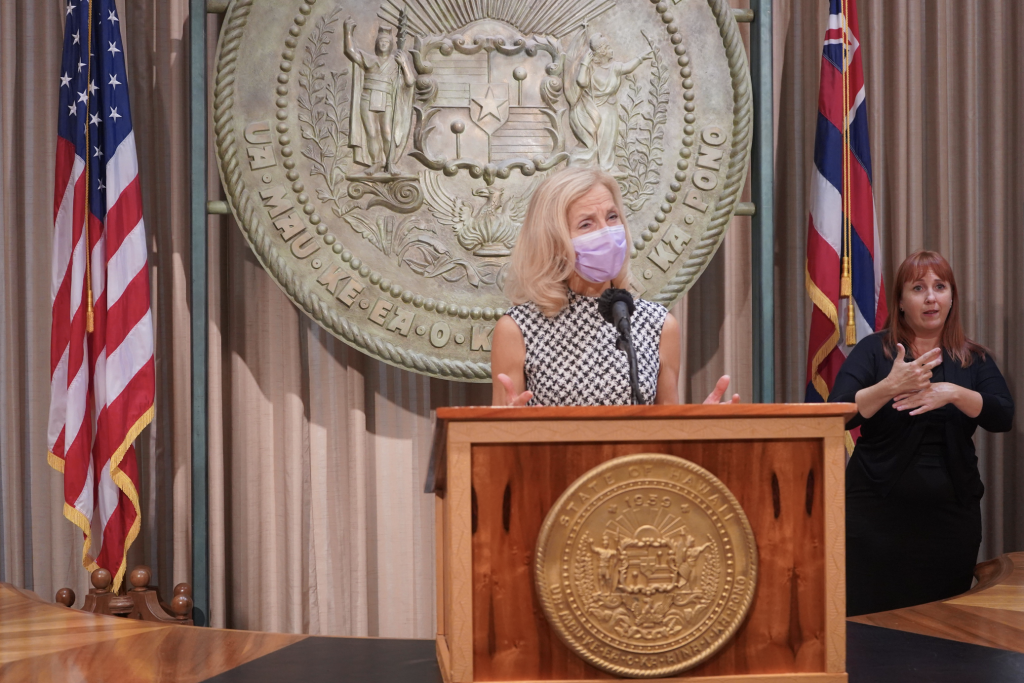
Under the Executive Order,
- “For health care facilities, rendering assistance in support of the State’s response includes cancelling or postponing elective surgeries and procedures as directed by the HDOH, implementing the Hawai‘i State Crisis Standards of Care Triage Allocation Framework as each facility determines to be appropriate under the circumstances presented by the COVID-19 emergency, and conserving scarce medical resources such as oxygen supplies at the direction of the HDOH.”
- Health care facilities, as defined in section 1 of the Executive Order, “that in good faith comply completely with all state and federal orders regarding this emergency, shall be immune from civil liability for any death or injury to persons, or property damage alleged to have been caused by any act or omission by the health care facility, which death of or injury to persons, or property damage occurred as a result of the health care facility rendering assistance in support of the State’s response to the COVID-19 emergency, unless it is established that such death or injury to persons, or property damage was caused by willful misconduct, gross negligence, or recklessness of the health care facility.”
Similar guidelines are laid out for health care professionals and health care volunteers. The full text of Executive Order No.21-06 is available here.




